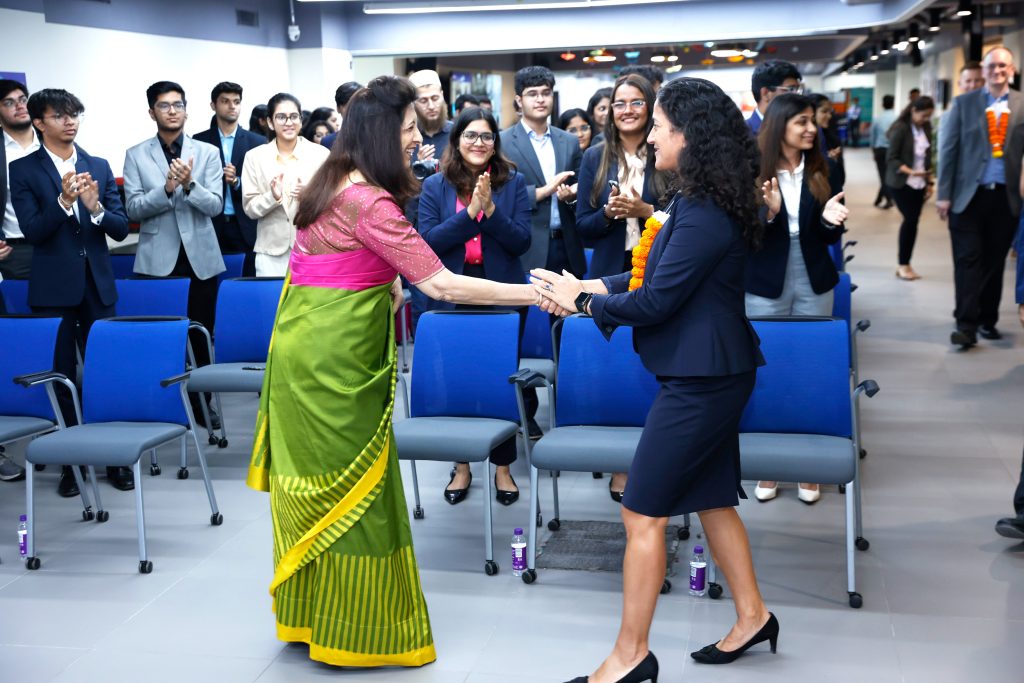Overview:
Universities play a pivotal role in facilitating international collaborative research projects by utilizing a few systems and assets intended to cultivate worldwide scholarly organizations. These endeavors are fundamental for propelling information across borders and tending to complicated, worldwide difficulties.

Subsidizing Amazing open doors: Colleges frequently secure financing from worldwide awards and associations, like the European Association's Frame of Reference Europe, the National Science Foundation (NSF) in the United States, and different Joined Countries organizations. These assets support joint exploration drives, empowering coordinated efforts between scientists from various nations.
Formal Arrangements: Numerous colleges lay out Memoranda of Understanding (MOUs) and other proper concurrences with global foundations. These arrangements frame the terms of joint effort, including the sharing of assets, protected innovation freedoms, and co-origin of distributions.
Research Organizations and Consortia: Colleges join or make research organizations and consortia that unite establishments and specialists from around the world. These organizations give a stage to sharing information, assets, and mastery. Models incorporate the Worldwide Exploration Committee and the Association of Pacific Rim Universities (APRU).
Joint Degree Projects: By offering joint or double degree programs, colleges work with a long-term coordinated effort and trade of understudies and staff. These projects frequently include composed research endeavors and add to the improvement of a worldwide scholarly local area.
Gatherings and Studios: Facilitating and taking part in worldwide meetings and studios permit scientists to meet, share their work, and foster cooperative tasks. These occasions frequently act as a beginning stage for research organizations.
Advanced Coordinated effort instruments: The utilization of computerized devices, for example, video conferencing, distributed storage, and cooperative programming stages, empowers consistent correspondence and information dividing between global exploration groups. Apparatuses like Zoom, Google Work Area, and particular examination data sets are ordinarily used to connect geological distances.
Visiting Researcher Projects: As often as possible, colleges welcome global researchers to take part in research projects through visiting researcher programs. These drives give amazing open doors to specialists to cooperate face-to-face, frequently prompting more significant and effective coordinated efforts.
Institutional Help: Committed workplaces or habitats for global exploration at colleges offer authoritative help, assisting scientists with exploring lawful, strategic, and social difficulties related to worldwide coordinated effort.
By consolidating these techniques, universities form a strong structure that supports and upgrades worldwide cooperative exploration, adding to logical advancement and development on a worldwide scale.
Read more: Do universities offer language immersion programs